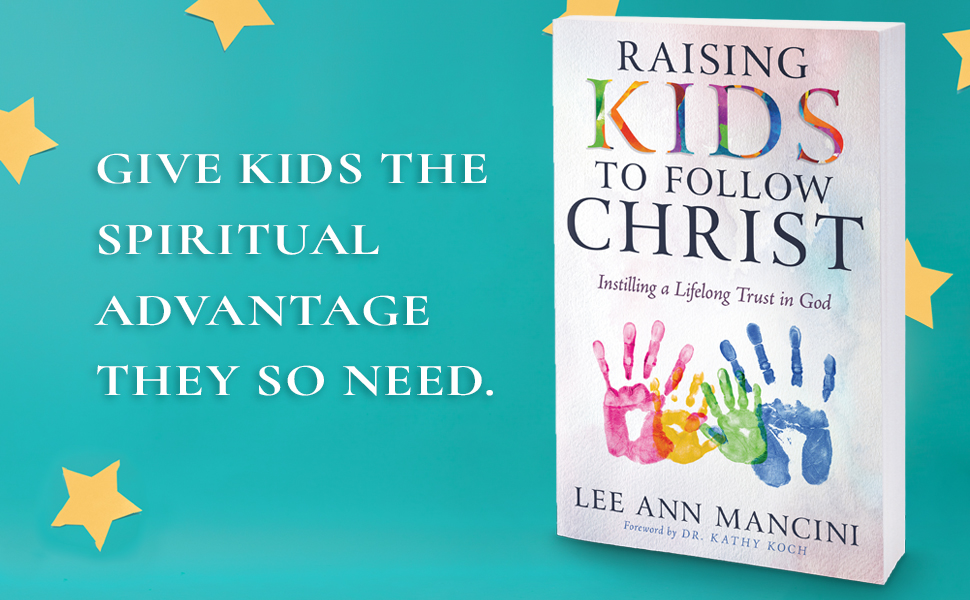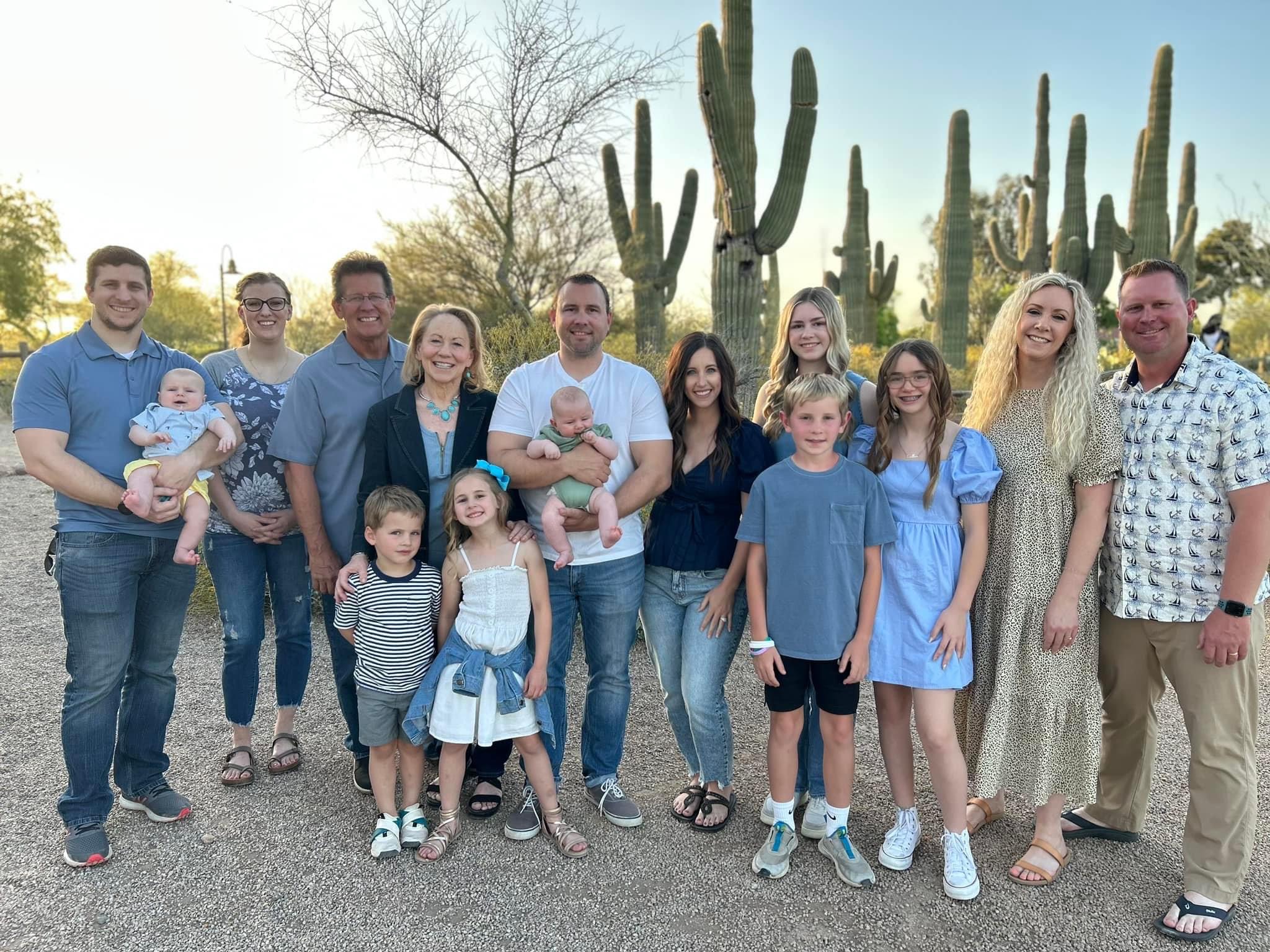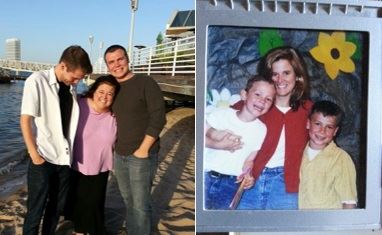Above our many God-given blessings, children shine with exceptional worth. These priceless souls bear…
Keep Your Child S.A.F.E. from Predators
Sexual abuse is almost a daily headline, so all parents need to have their eyes wide open to vigilantly protect their children from sexual predators. In 10 Questions Kids Ask About Sex, we help a parent be aware of this potential danger and be informed on various was to better protect a child from harm. The statistics are heartbreaking: 1/3 of all girls, 1⁄4 of all boys will be sexually molested between the ages of 4 and 9.i Only 7 % of children are molested by strangers, 93% by people the child knows.) Most sexual abuse is by a family member or extended family member.
In 10 Questions Kids Ask About Sex, we share how to create a S.A.F.E. place for a child to grow up. Check your child’s:
Skills to Speak Up
Teach your child that their body is private. They own their body and all rights to it. Teach your
child as early as possible to close the door, or go into a private room or bathroom to change his or her clothes. In addition, give your child the power to speak up and say it is never okay to be violated:
- It is never okay for anyone to touch your private parts (except a parent or doctor to protect your health).
- It is never okay for anyone to ask you to touch their private parts.
- It is never okay for anyone to ask to see you naked or ask you to see them naked
- It is never okay for anyone to ask you to be sexual with someone else while they watchii
- Teach your child to “Say No- Then Go!”
- Don’t explain- just go! Leave the person and the place.
- If you can’t leave- yell for help!
- If they threaten you or your family, they are liars and weak—Go and tell!
- If they say it’s your fault, don’t believe them, they lie!- Go and tell!
- If they promise gifts, or money, it is not worth it- Go and tell!
- Tell it to your mom, your dad, your teachers, your pastor, the police– tell it until someone does something to stop it.
Re-enforce the No: When your child is playing at home, even roughhousing with you or siblings and they say, “Stop!” Then stop and abide by their wishes. Reinforce that “No means no!” Compliment your child when they give an opinion, speak up, correct others, or show leadership. Confident, courageous, assertive kids are harder targets for pedophiles.Talk about how to protect yourself; Give your kids permission to tell you anything sexual in nature without over reacting. If your child feels free to talk with you about his or her feeling about a friend, a family member, a babysitter then you will stand a better chance of protecting them early in a situation. Predators cultivate their victims over time. They wear down their natural inhibitions, so if a child can come to you early with his or her discomfort over someone’s behavior, that will protect them from something worse happening.
Adult Involvement
Are any adults showing uninvited attention toward your child? Do any adults or older teens show touchy-feely behaviors toward your child that make you or your child uneasy? In a church, school or community setting have the adults been properly vetted to spot anyone who might have a background with any sexual violations?
Trust Your Instincts! If you are in God’s Word, praying, doing your due diligence, trust your instincts as a parent to protect and equip your child to live in this broken world. If child feels uncomfortable even with touch on acceptable area of body, allow their instincts to guide him or her. If child is or becomes shy or uncomfortable around a peer, older child or adult, remove child from situation while you gather more information. Give child encouragement to always talk to you anytime someone makes him or her feel uncomfortable .
Friendship Circle
Do any of your child’s friends have parents going through a family trauma (divorce, domestic violence, etc)? Do any of your child’s playmates have parents or older siblings with addictions to drugs, alcohol or other behavior altering substances? Do you know if any of your child’s siblings are sexually active or have been molested themselves? Any of these variables can place your child more at risk.
If your child shares about a playmate who is watching media you are uncomfortable with, or if their playmates parents are experiencing marital problems, or they have much older siblings who seems to show overt and unusual amounts of attention on your child and it is making you or your child uneasy, put some space in the relationship. If you doubt the attentiveness of the parent of one of your child’s playmates, your child communicates neglect, that the parent is distracted or unavailable when your child is visiting, don’t allow your child over in their environment. If you know a child has been sexually molested, allow your child to only play with that child in very supervised settings, like a church classroom, or school rather than in a home, unless it is your home and the interactions are being supervised by your watchful eyes. It is just better to be safe than sorry.
Environmental Atmosphere
Is your yard and home difficult to access or walk into undetected? Do you have play spaces within the home in close proximity to the busy high traffic areas where adults can easily oversee children playing? Have you gone to a sex offender registry website to discover which homes in your neighborhood might have a convicted (but released) sexual offender living in it? (Many sites offer this service, and most state governments offer a free search/ listing. There are also companies that offer this search option.)
If your child attends a church, community or school sponsored class are there at least two adults in the room, and are there windows in rooms and doors to raise accountability of how the adults behave with children?
If a child goes to other’s homes, do you now that home environment, the rules and the backgrounds of the adults and older siblings that live there? Do those parents give sufficient oversite to children playing or their sleep and nap times?
Do you know and agree with the songs, TV or movies or internet use of the homes that your child visits? Early sexual exposure can lower natural resistance toward sexual exploration or sexual games predators sometimes use.
Give your child encouragement and permission to leave the presence of anyone that is making him or her feel uncomfortable. Teach them also to avoid potentially dangerous places and situations. Don’t go alone to the park or to the store; Don’t be alone with someone in a home unsupervised by an adult or trusted teen who has a proven positive character record. Don’t be alone away from family in another part of the home or yard while anyone you have felt uneasy about.
Always err on the side of the child’s safety.
i Talking to Your Kids About Sex;Mark Laaser, PhD., Waterbrook, Colorado Springs, Co, 1999, p 108 ii Talking to Your Kids About Sex;Mark Laaser, PhD., Waterbrook, Colorado Springs, Co, 1999, p 109




This Post Has 0 Comments